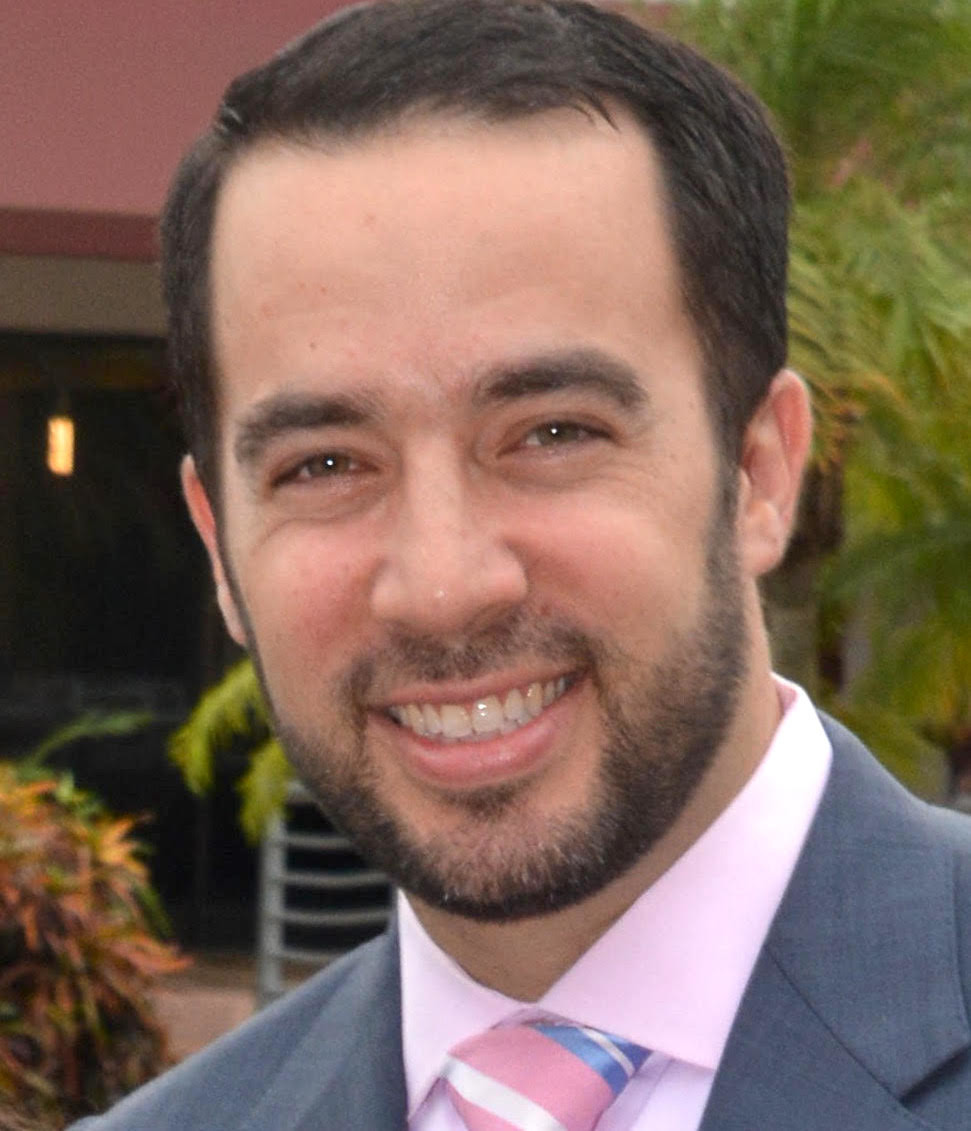As we change over time, do we really change?
Have you ever bumped into someone you haven’t seen in over 20 years? This is a common occurrence in unfortunate circumstances such as funerals and shiva homes, but is also known to happen at weddings and at the Western Wall.
Sometimes you know right away who the person is. Memories flow into your head, the name comes right to your tongue and you’re transported in time.
Other times you wouldn’t know the person if they came right up to you and said, “Shalom Aleichem. I am So and So. Don’t you remember me?”
In this week’s parsha, Miketz, we read, “And Yosef recognized his brothers, but they did not recognize him.” Many esoteric interpretations can be culled from these words, but on a simple level it seems the brothers were all in the latter category.
The Talmud quotes this verse three times (Yebamot 88a, Ketubot 27b, and Bava Metzia 39b). The latter two quote the verse in the same context, of a person claiming to be a long lost brother looking for a piece of “their” deceased father’s inheritance. The former speaks of a case where a woman was permitted to marry based on the evidence of a single witness that her first husband had died, and a man who claims to be her first husband comes forward.
In each of these cases, the Talmud says it is possible for a person to change so significantly over time, and our verse is used as a shining example of how a person can change. Additionally, in all cases, Rav Chisda is quoted as saying that Yosef had no beard when his brothers last saw him, and now that he had a beard, his brothers did not recognize him.
Most of the commentators use Rav Chisda’s approach to explain why the brothers did not recognize Yosef, but before Rav Chisda is mentioned, the Talmud seems satisfied with the idea that a person’s appearance can change over time — without introducing the facial hair argument.
Which leaves me wondering: Yosef was 17 when he left home. Did he have a beard or not? I know 17-year-olds who can pass for 30, and I know 25-year-olds who look 15. Once, after the Three Weeks and with a fuller beard than usual, I was asked by an older woman, “So, Rabbi, how much older than 16 are you?” (I was 26.) Whether she was being complimentary or not was unclear, but the fact is some people’s appearances speak nothing of their age.
And what was the custom in Egypt? During some ancient Egyptian periods their kings had beards; during others they were clean shaven.
The commentaries raise different possibilities as to why the brothers did not recognize Yosef while he recognized them.
Ibn Ezra says when Yosef saw them in a group he realized, “these are my brothers.” He did not recognize all of them individually, but once he recognized the group, he was able to identify each one. They, of course, had no similar frame of reference.
Rashbam (Rashi’s grandson) says Yosef’s voice sounded different because he did not speak with them in the same language as he had in the past (some people sound different when speaking a different language).
Chizkuni points out Yosef’s beard, his new name, Tzafnat Pane’ach. and his different language. Altogether, this was a different person.
Finally, Ramban suggests that Yosef figured his brothers would eventually be coming, so he expected them. On the other hand, in their wildest dreams the brothers could never suspect that the potentate in front of them was the boy who was sold as a slave 22 years earlier.
The question seems to be a little bigger than whether Yosef wore facial hair. When Yosef first saw his 10 brothers, they were without a representative from Rachel’s children. That was the way he always saw them, because that was the way they represented themselves to him.
He recognized them, and saw them for who they had been. They, on the other hand, could not recognize what he had become. They were changed men, they cared for their father, they cared for Binyamin, and they had regret over what they had done to Yosef. But Yosef had to see them realize this on their own.
The question we must answer is this:
When our brothers come knocking, will we be the ones who recognize them, give them credit for who they are, and open the door to make them feel welcome? Or will we be the ones who don’t recognize, are blinded by whether or not they’re wearing a beard, who ultimately close the door forever?
Originally published in 2008.






